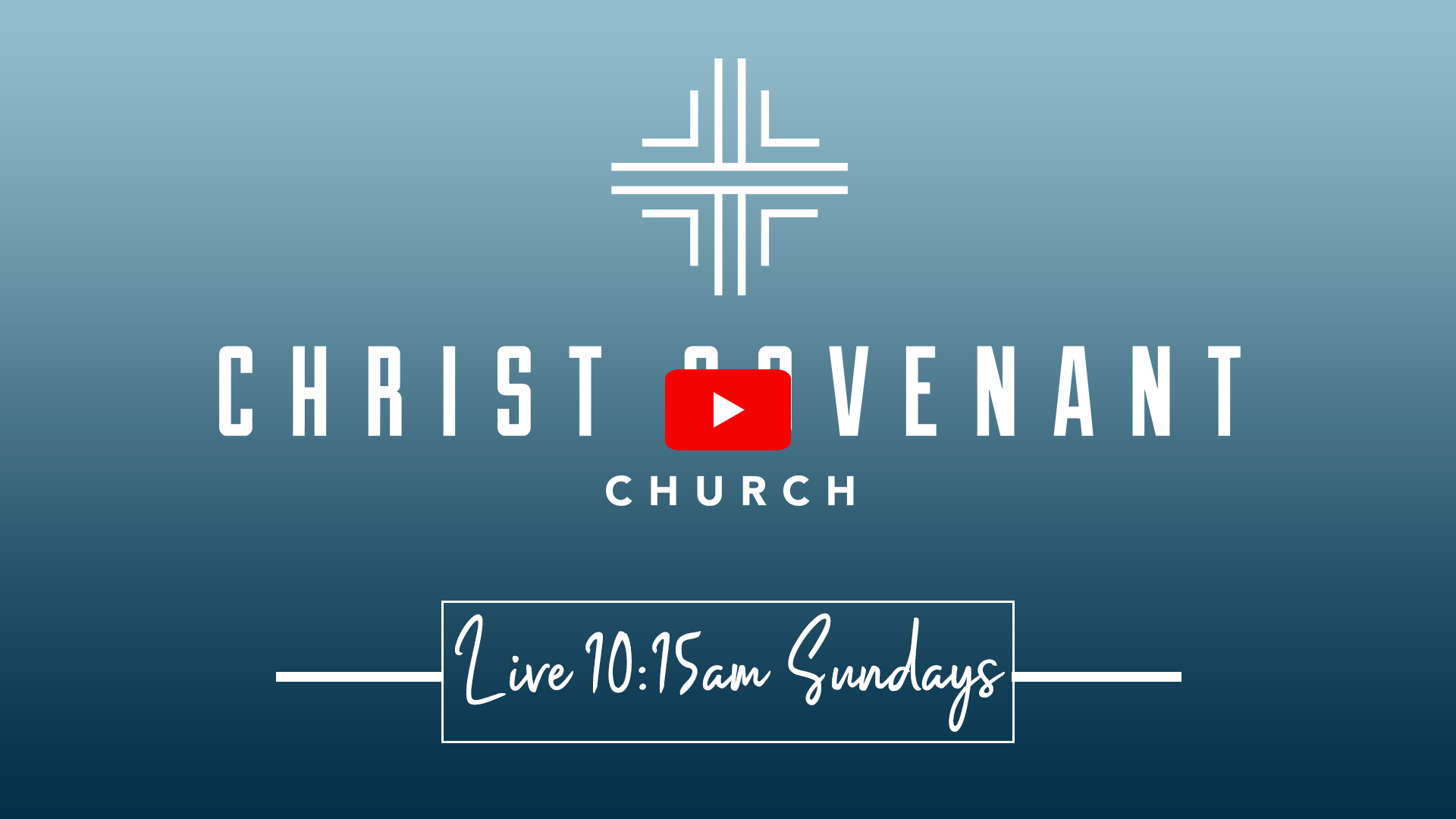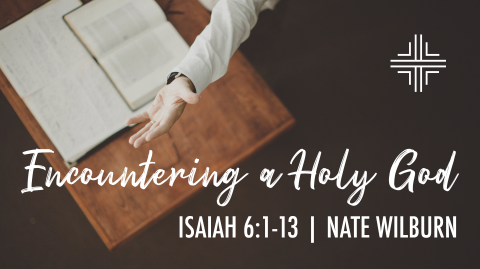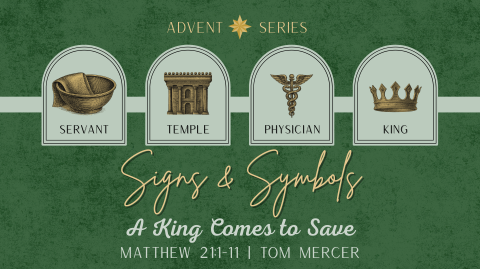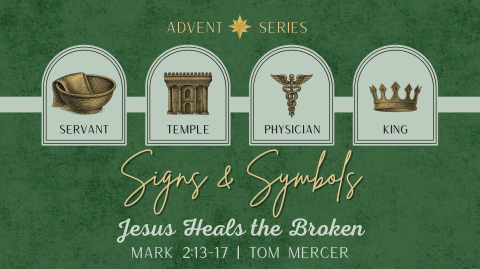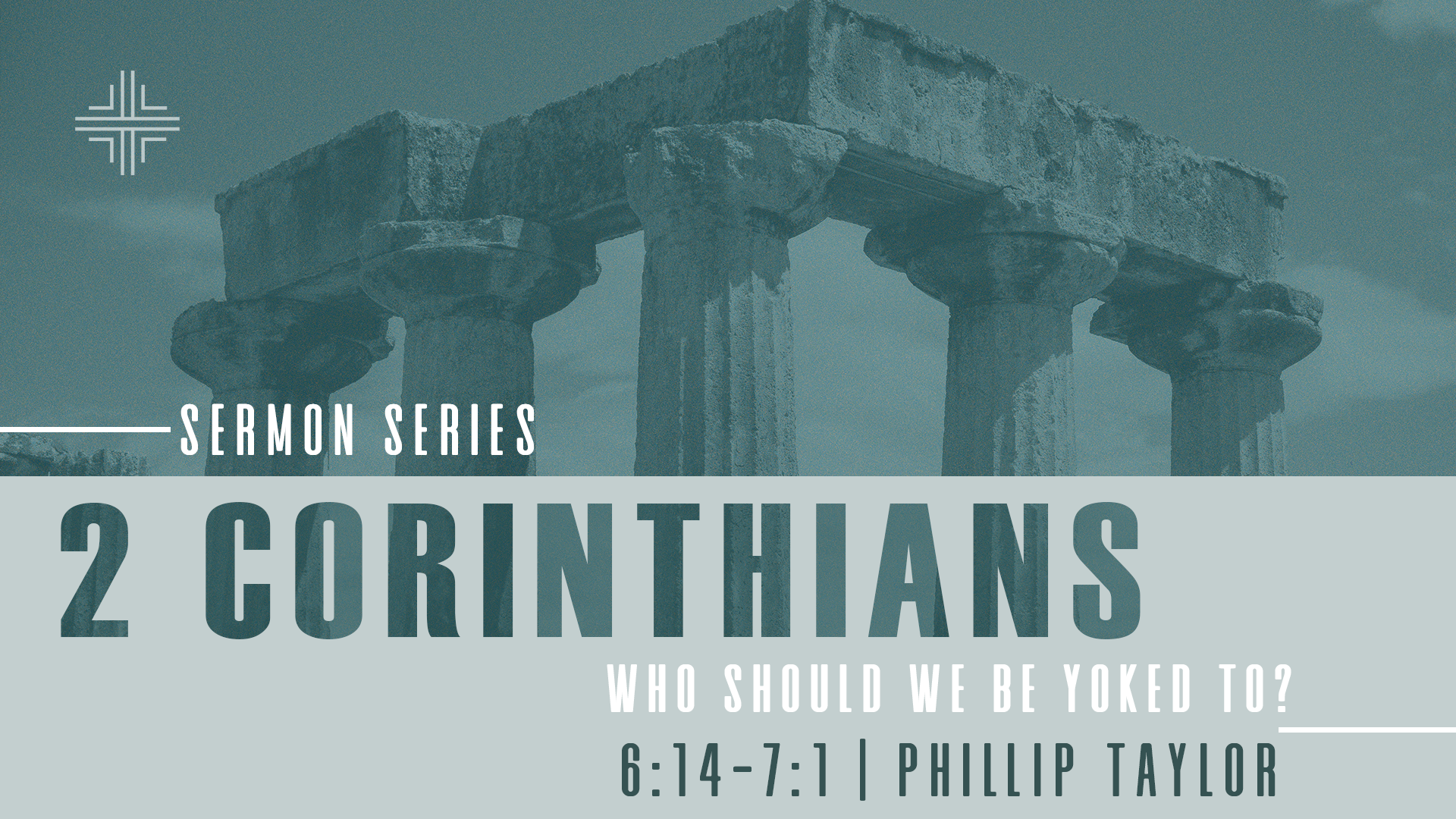
Prepare for Sunday morning worship by using the guide below.
2 Corinthians 6:14-7:1
14 Do not be unequally yoked with unbelievers. For what partnership has righteousness with lawlessness? Or what fellowship has light with darkness? 15 What accord has Christ with Belial? Or what portion does a believer share with an unbeliever? 16 What agreement has the temple of God with idols? For we are the temple of the living God; as God said,
“I will make my dwelling among them and walk among them,
and I will be their God,
and they shall be my people.
17 Therefore go out from their midst,
and be separate from them, says the Lord,
and touch no unclean thing;
then I will welcome you,
18 and I will be a father to you,
and you shall be sons and daughters to me,
says the Lord Almighty.”
7 Since we have these promises, beloved, let us cleanse ourselves from every defilement of body and spirit, bringing holiness to completion in the fear of God.
Watch the Sermon
Summary: At the end of chapter 6 in 2 Corinthians, Paul is finishing up his explanation of faithful Christian ministry that he started back in chapter 3. The final topic to be addressed in this section is how the church is supposed to respond to opposition. You can find the structure of the passage by seeing that there are two imperatives (or commands): 6:14 commands us not be unequally yoked with unbelievers and 7:1 commands us to cleanse ourselves from every defilement of body and spirit. Then all the verses in between are used to bolster and illustrate these two imperatives. Why should we do what Paul says? In verses 14-16a we have five rhetorical questions meant to draw out the contrast between believers and unbelievers. Verses 16b-18 gives us a composition of Old Testament verses to show God's faithfulness to honor those who keep his promises. So, what exactly do those two imperatives mean for us? And how should they shape our relationships? Read the passage and consider these questions to help prepare your heart for worship this Sunday.
Review & Apply
What comes to mind when you read the phrase "unequally yoked"?
The Old Testament quotations in verses 16-18 are not exactly direct quotes from one section, but a composition from numerous OT passages. What do you see about God and how his people are to relate to him in those verses?
What might it mean to cleanse ourselves from every defilement of body and soul? What significance is it that both body and soul are listed?
What ought our posture be before God?
Give
If you would like to give online CLICK HERE. For all things come from you, and of your own have we given you. (1 Chronicles 29:10-18)

